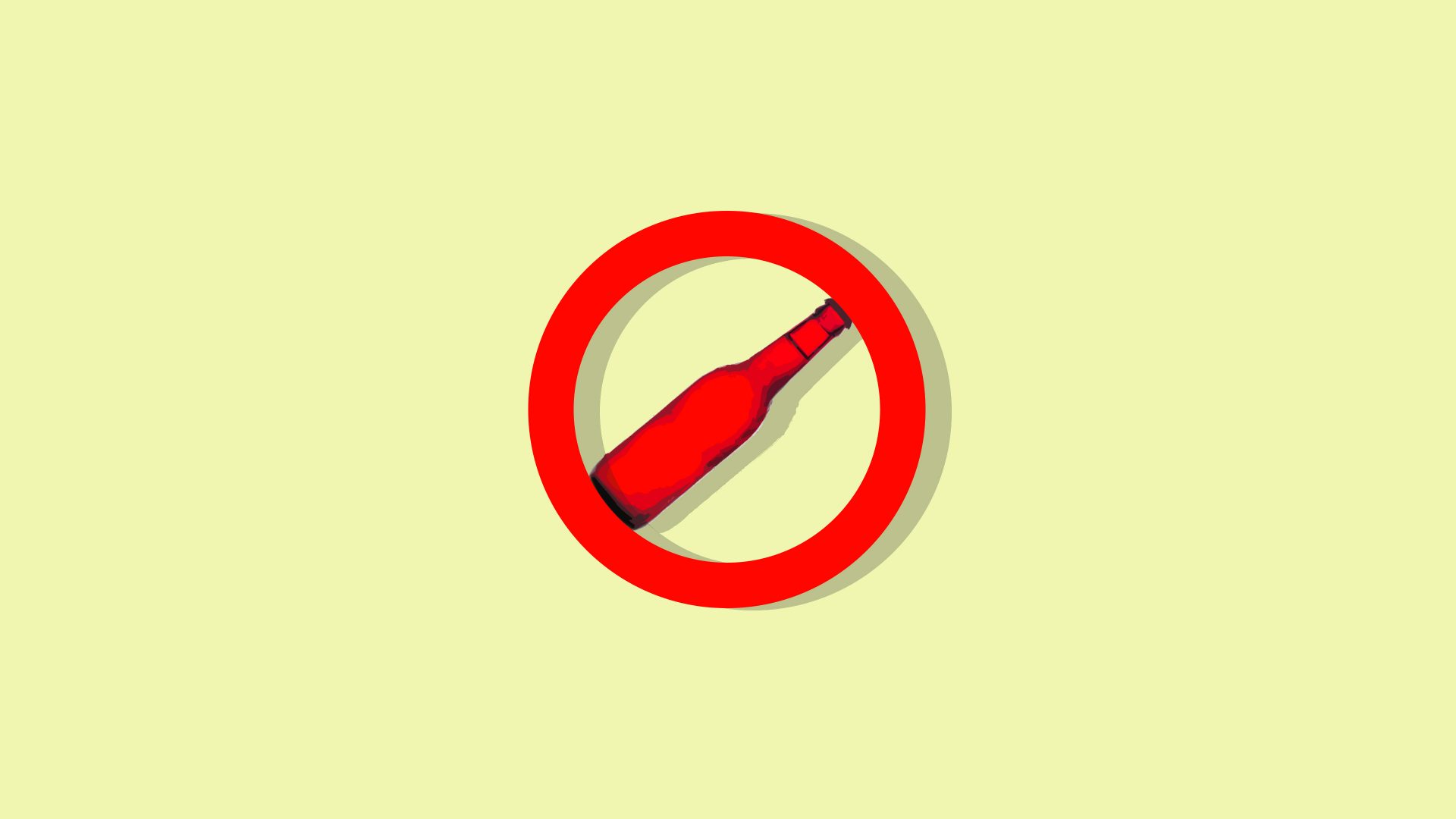Could Britain’s craft beer boom be coming to a rather abrupt end because of Brexit? In the last 18 months, over 100 small brewers have shut up shop – 45 of them closing in June alone, according to the accountancy firm Mazars.
Post-trading arrangements with the European Union have meant that businesses must grapple with expensive and time-consuming paperwork, the very same red-tape bureaucracy that Brexiteers promised leaving the bloc would put a stop to.
Small breweries have been caught in a perfect storm. The first blow was Britain’s decision to leave the EU, the pandemic only made matters worse and now the cost-of-living crisis has put a final nail in the coffin for many.
For those still able to trade, recent changes to alcohol duty have only presented further difficulties. From August 1, beer, wine and spirits are subject to different tax regulations, meaning they are taxed according to the alcohol content. This has meant a 10.1% rise the cost of bottles and cans of beer, according to the British Beer and Pub Association, with stronger craft beers hit even harder.
These have not been the only obstacles the industry has had to tackle. In the early stages of the energy crisis, brewers were hit by an unexpected shortage of carbon dioxide and a vast surge in the cost of barley and hops following Russia’s large-scale invasion of Ukraine.
While consumers are, generally, willing to spend less at the moment, larger craft beer firms are still doing well. According to The Grocer, Brewdog, the Camden Town Brewery and Beavertown all saw supermarket sales rise more than a quarter in the same time that many smaller craft brewers folded. Unable to absorb the newly added costs of trading, these are the firms who are now falling through the cracks.










